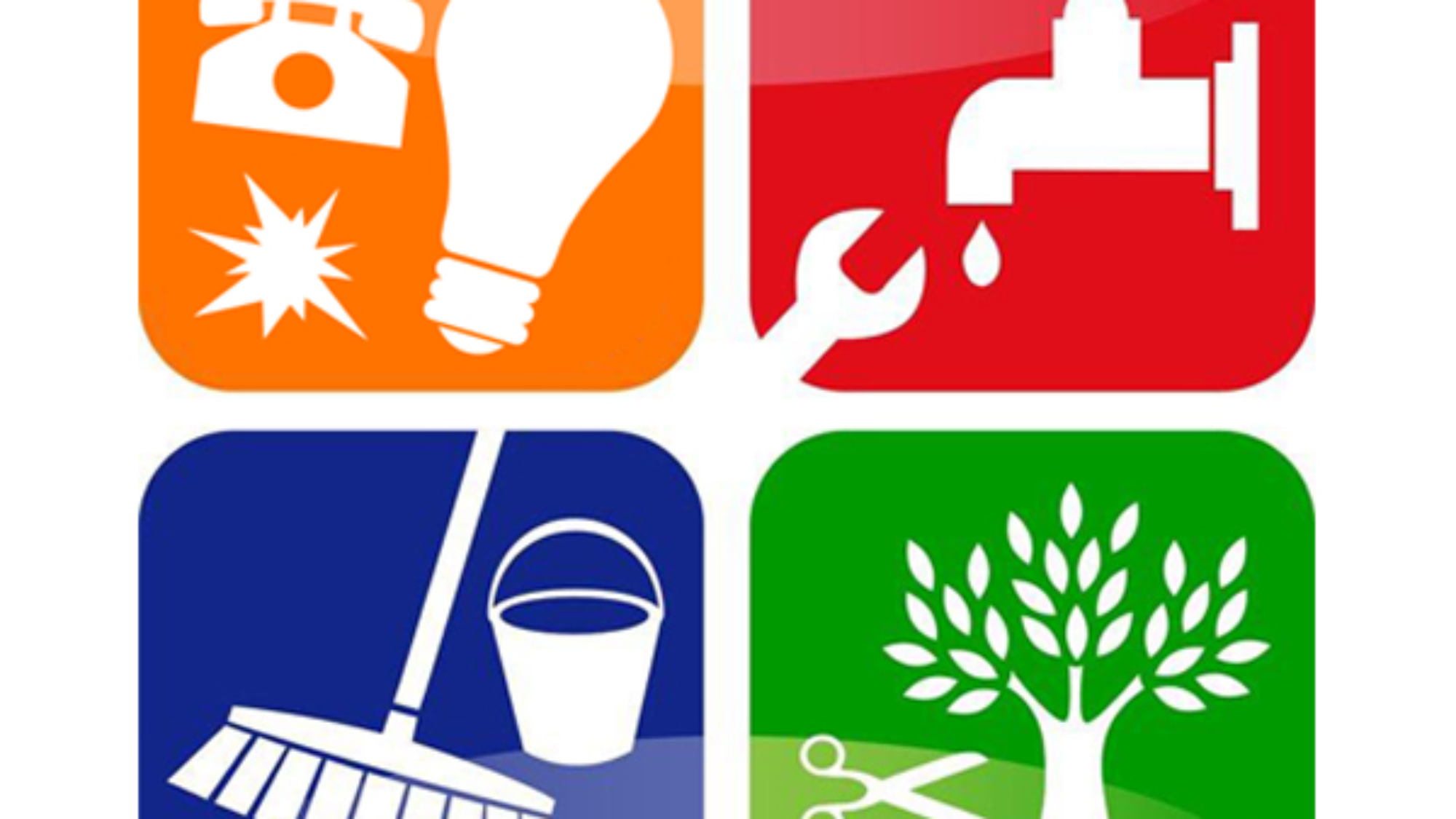The Significance of Total Facility Management in Ensuring Building Safety and Legal Adherence
Why Total Facility Management Is Crucial for Service Success
Total Facility Management (TFM) offers as a cornerstone for business success by integrating varied functional aspects such as upkeep, area use, and security procedures. As companies navigate a competitive landscape, recognizing the multifaceted benefits of TFM can be pivotal in driving expense effectiveness and boosting staff member productivity.
Recognizing Total Facility Management
Total Facility Management (TFM) encompasses an extensive strategy to taking care of an organization's structures and linked services to make sure optimal functionality, safety, and performance. TFM integrates numerous self-controls, consisting of upkeep, operations, area management, and safety procedures, to produce a natural structure that supports an organization's core goals.
At its core, TFM intends to enhance the processes associated with facility management, boosting and decreasing redundancies solution shipment. This technique involves the coordination of tasks related to home management, such as repair services, cleansing, and energy management, to foster an efficient environment for stakeholders and employees alike. TFM likewise highlights the value of carrying out best practices and innovative innovations to enhance service high quality and minimize functional expenses.
By straightening facility management tasks with business goals, TFM enhances total efficiency while making sure compliance with wellness, security, and ecological laws. Therefore, TFM offers not only as a logistical function yet additionally as a critical asset, contributing to an organization's long-lasting sustainability and development.
Trick Benefits of TFM
Leveraging a detailed approach, organizations that implement Total Facility Management (TFM) unlock a myriad of benefits that add to general organization success. Among the primary advantages of TFM is the improvement of operational effectiveness. By consolidating facility services under a unified management framework, organizations can streamline procedures, minimize redundancies, and enhance communication across departments.
Additionally, TFM promotes a positive maintenance approach, which lessens downtime and extends the life expectancy of facilitiess and tools (Total Facility Management). This aggressive approach not just enhances performance but likewise cultivates a safer working setting, eventually bring about greater employee satisfaction and retention rates
In addition, TFM facilitates better source allowance by providing insights into facility performance metrics. Organizations can determine locations for renovation, permitting them to make informed choices that straighten with their tactical goals.
TFM and Expense Performance
Achieving price efficiency is an essential goal for companies, and Total Facility Management (TFM) plays an essential duty in this venture - Total Facility Management. By integrating numerous facility solutions under a single management framework, TFM allows organizations to enhance operations and minimize redundancies. This all natural method results in considerable cost savings, as it eliminates the requirement for multiple vendors and streamlines purchase processes
Additionally, TFM promotes aggressive upkeep methods, which decrease the threat of costly repairs and downtime. By prioritizing safety nets, organizations can expand the life-span of their assets and decrease unexpected expenditures. Furthermore, TFM includes energy management methods, which can drastically cut energy expenses through efficient resource utilization.
The centralization of data and analytics within TFM enables companies to make informed financial decisions. By recognizing trends and areas for enhancement, TFM makes it possible for tailored approaches that additionally improve expense management. The scalability of TFM services makes certain that as organizations grow, their facility management methods continue to be reliable and straightened with economic objectives.
Enhancing Employee Efficiency
A well-managed facility can significantly boost right here staff member productivity by producing a favorable work atmosphere. Effective Total Facility Management (TFM) guarantees that all elements of the office-- from illumination and temperature to tidiness and security-- are enhanced. When workers operate in an area that is well-kept and comfortable, they are more probable to concentrate on their tasks, resulting in greater outcome and work complete satisfaction.
Additionally, TFM can improve collaboration through the critical style of common locations, urging teamwork and advancement. By purchasing the best resources and innovation, organizations can facilitate smooth interaction and simplify workflows, further boosting efficiency. Routine upkeep and punctual reactions to facility issues prevent disturbances that might otherwise prevent efficiency.
Additionally, a healthy and secure workplace, sustained by TFM practices, lowers absenteeism and advertises wellness, directly associating with increased performance levels. Inevitably, prioritizing facility management is an investment not just in physical possessions yet likewise in the workforce itself. By promoting an environment that sustains employee requirements and preferences, organizations can cultivate an extra involved and reliable labor force, driving total success and affordable benefit.

Future Trends in TFM
Embracing technological developments is established to improve the landscape of Total Facility Management (TFM) in the coming years. As the need for performance and sustainability rises, TFM will significantly adopt smart building technologies, integrating Internet of Things (IoT) devices to keep track of and handle facility operations in real-time. This change will certainly make it possible for aggressive upkeep, dramatically reducing functional prices and boosting solution distribution.

Sustainability stays a vital focus, with TFM specialists expected to focus on eco-friendly methods. This consists of using renewable resource sources and maximizing waste management systems to minimize the carbon impact of facilitiess.
Remote management capabilities will likewise be broadened, permitting facility supervisors to oversee operations from essentially anywhere. This adaptability will certainly come to be important as organizations adapt to hybrid work versions. In summary, the future of TFM is positioned for improvement via modern technology, sustainability, and enhanced operational strategies, ensuring organizations continue to be competitive in a developing landscape.
Conclusion
By incorporating different operational features, TFM improves efficiency and straightens facility management with business goals. As companies increasingly embrace lasting methods and cutting-edge innovations, the importance of TFM will certainly continue to expand, guaranteeing lasting operational navigate to this site performance and competitiveness in an evolving market.